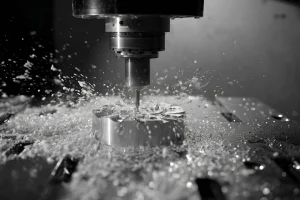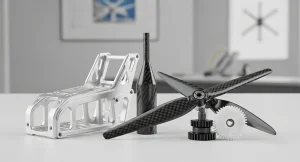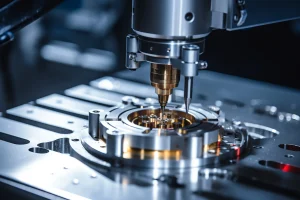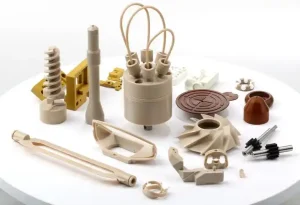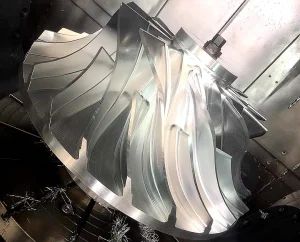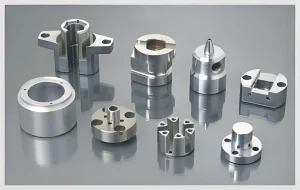Precision machining is a vital process in modern manufacturing. It involves removing material from a workpiece to create high-accuracy components. Various industries rely on precision machining to meet their specific needs. This article explores the diverse applications of precision machining and highlights its significance.
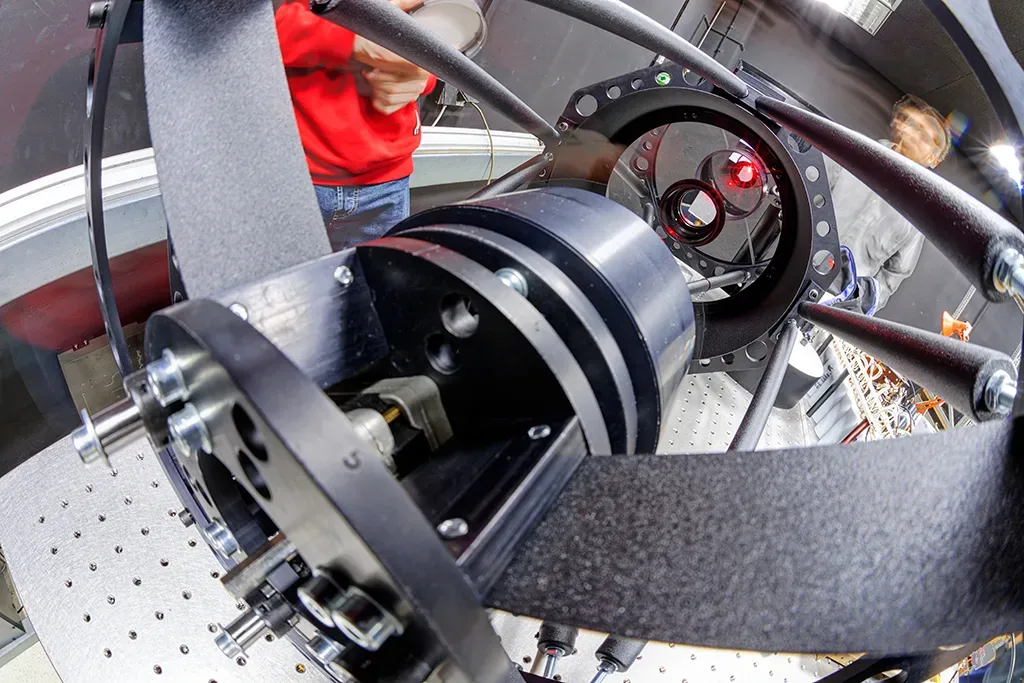
1. Aerospace Industry
One of the most critical applications of precision machining is in the aerospace industry. Manufacturers produce parts for aircraft and spacecraft that require exact specifications. Components like engine parts, landing gear, and structural frames must withstand extreme conditions. Precision machining ensures that these parts meet stringent safety and performance standards. Consequently, the aerospace industry relies heavily on high-quality machining to ensure safety and reliability.
2. Automotive Industry
The automotive industry also benefits greatly from precision machining. Manufacturers use this process to produce various components, including engine blocks, transmission parts, and suspension systems. These parts require tight tolerances for optimal performance. By using precision machining, manufacturers can create complex shapes and ensure that each component fits perfectly. This accuracy contributes to the overall efficiency and safety of vehicles.
3. Medical Devices
Precision machining plays a crucial role in the production of medical devices. Equipment such as surgical instruments, implants, and diagnostic tools demands high precision and quality. For example, manufacturers must create components that fit seamlessly within the human body. Precision machining allows for the production of intricate designs and tight tolerances. As a result, this process helps improve patient outcomes and enhance the functionality of medical devices.
4. Electronics Industry
Another significant application of precision machining is in the electronics industry. Manufacturers produce components like housings, connectors, and circuit boards with extreme accuracy. These parts often require intricate designs and tight specifications. Precision machining ensures that electronic components fit together perfectly, which enhances overall product performance. As technology continues to advance, the demand for precise electronic components grows, further highlighting the importance of precision machining.
5. Defense Sector
The defense sector also relies on precision machining for various applications. Manufacturers produce parts for weapons systems, military vehicles, and communication equipment. These components must meet rigorous quality standards to ensure reliability in critical situations. Precision machining enables manufacturers to create durable and accurate parts that can withstand harsh environments. This capability is essential for maintaining national security and ensuring the effectiveness of defense systems.
6. Tooling and Die Making
Precision machining is essential in tooling and die making. Manufacturers create molds and dies used in manufacturing processes, such as injection molding and stamping. These tools require high precision to ensure consistent and accurate production of parts. By using precision machining, manufacturers can create complex tooling designs that enhance efficiency and reduce production costs. This application is crucial for industries looking to streamline their manufacturing processes.
7. Energy Sector
The energy sector benefits from precision machining in various ways. Manufacturers produce components for power generation, including turbines, pumps, and valves. These parts must operate under extreme conditions and high pressures. Precision machining ensures that these components meet the necessary specifications for safety and efficiency. As the demand for renewable energy sources grows, precision machining remains vital in producing high-quality components for the energy industry.
Conclusion
In summary, precision machining plays a critical role across numerous industries. Its applications span aerospace, automotive, medical devices, electronics, defense, tooling, and energy sectors. By producing high-quality components with exact specifications, precision machining enhances product performance and reliability. As industries continue to evolve, the demand for precision machining will only increase. Understanding its applications allows manufacturers to leverage this essential process to meet their specific needs and drive innovation in their fields. Whether creating components for aircraft or medical devices, precision machining remains a cornerstone of modern manufacturing.

